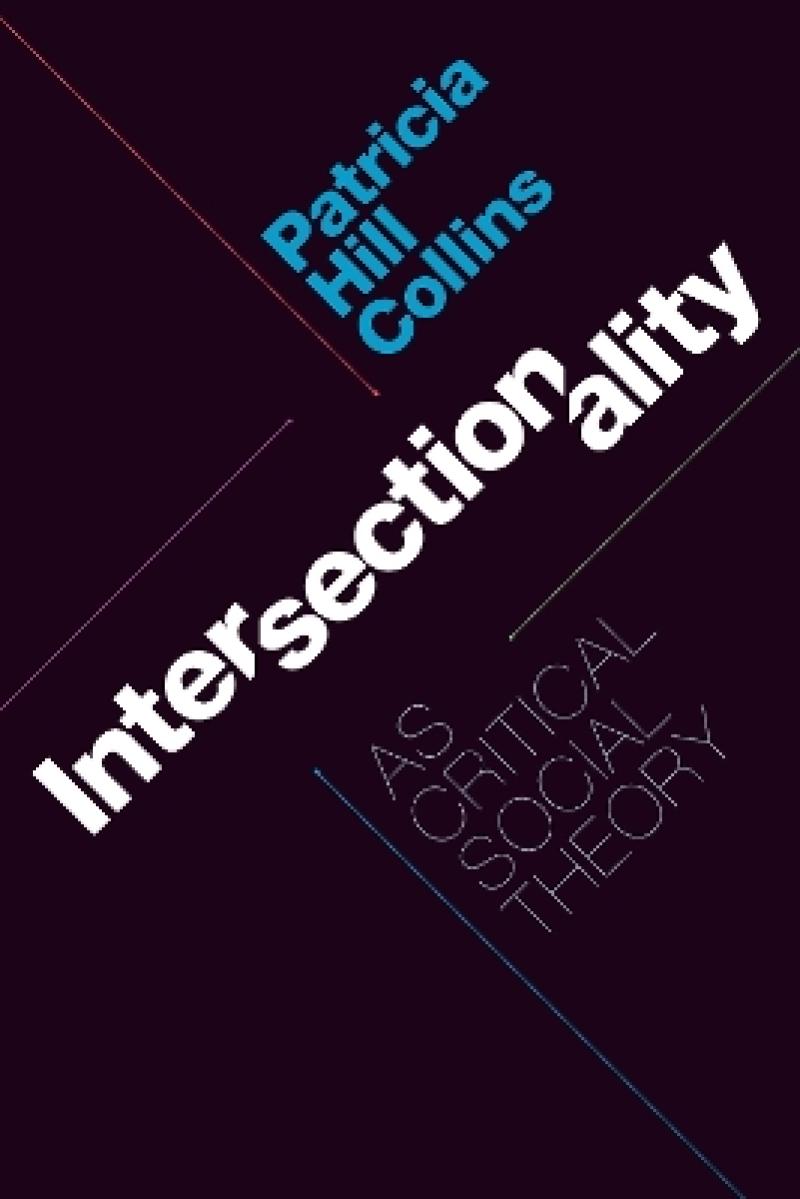“With remarkable brilliance and breadth, Patricia Hill Collins examines the theoretical dimensions of intersectionality in new ways and in dialogue with other influential social theories and resistant knowledges. <i>Intersectionality as Critical Social Theory</i> explains why critical social theory matters in the real world and how intersectionality can achieve its potential as a tool for social action needed to transform the world for the better. Once again, Patricia Hill Collins shines as a masterful scholar of critical inquiry, politics, and social change.” - Dorothy Roberts, author of (Killing the Black Body: Race, Reproduction, and the Meaning of Liberty) “Anyone who claims the mantle of Black feminist theorist is standing in the house Patricia Hill Collins built. She is one of our most important intellectual architects. Here she continues to be at her very best, asking the thorny questions that those of us who are scholars and practitioners of intersectionality often avoid. Collins reminds us what it looks like to use ideas in service of freedom projects, demanding at every turn that we do it with integrity, rigor, and a critical attention to the high stakes nature of social justice work. This book resets our freedom compass, reminding us both of what our work is and for whom we do it.” - Brittney Cooper, author of (Eloquent Rage: A Black Feminist Discovers Her Superpower) "This remarkable monograph expresses the most important facets of the critical lens. . . [and] gives hope that collective social action has the potential to affect democratic change even under conditions of multiple oppressions." - Anna Amelina & Jana Schäfer (Ethnic and Racial Studies) "Highly recommended. Upper-division undergraduates through faculty; professionals." - I. Ken (Choice) “This book constitutes an extremely valuable resource for students, activists, and scholars who, while having already engaged with foundational texts on the topic, seek to deepen their understanding of intersectionality. Further, <i>Intersectionality as Critical Social Theory</i> also opens a door for those who wish to continue the intellectual journey of theorizing intersectionality that Collins eloquently embarks on. - Miriam Yosef (KULT_online) “This book is more than a mere investigation of the theoretical of methodological aspects of intersectionality.... <i>Intersectionality as Critical Social Theory </i>is a book that cannot be missed by scholars, activists, and students of all disciplines.” - C. Laura Lovin (Feminist Encounters) “<i>Intersectionality as Critical Social</i><i>Theory</i> is required reading for academics, activists and educators working across and between disciplines including feminist studies, philosophy, critical race theory, sociology, and education. Now more than ever, Professor Hill Collins is essential.” - Adina Giannelli (Gender and Education) “<i>Intersectionality as Critical Social Theory</i> is a dense and exceedingly thoughtful book. Collins is careful and focused, asking hard questions about the nature of social theory and theorizing.” - Rose M. Brewer (American Journal of Sociology)
Introduction 1
Part I. Framing the Issues: Intersectionality and Critical Social Theory
1. Intersectionality as Critical Inquiry 21
2. What's Critical about Critical Social Theory? 54
Part II. How Power Matters: Intersectionality and Intellectual Resistance
3. Intersectionality and Resistant Knowledge Projects 87
4. Intersectionality and Epistemic Resistance 121
Part III. Theorizing Intersectionality: Social Action as a Way of Knowing
5. Intersectionality, Experience, and Community 157
6. Intersectionality and the Question of Freedom 189
Part IV. Sharpening Intersectionality's Critical Edge
7. Relationality within Intersectionality 225
8. Intersectionality without Social Justice? 253
Epilogue. Intersectionality and Social Change 286
Appendix 291
Notes 295
References 331
Notes 353
